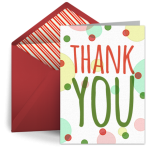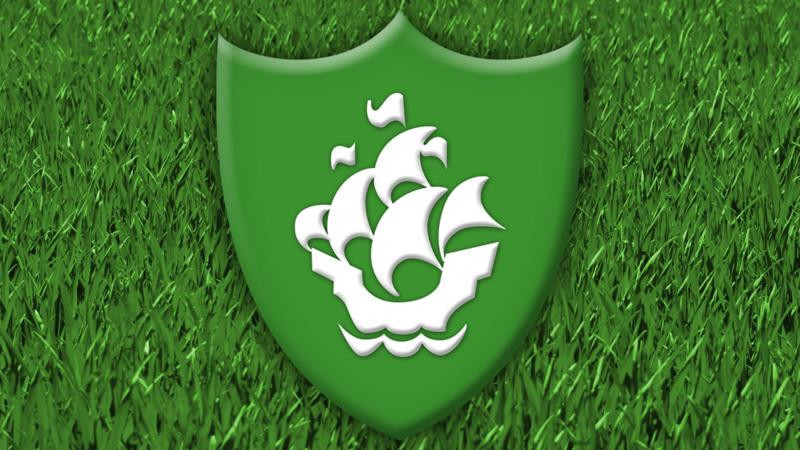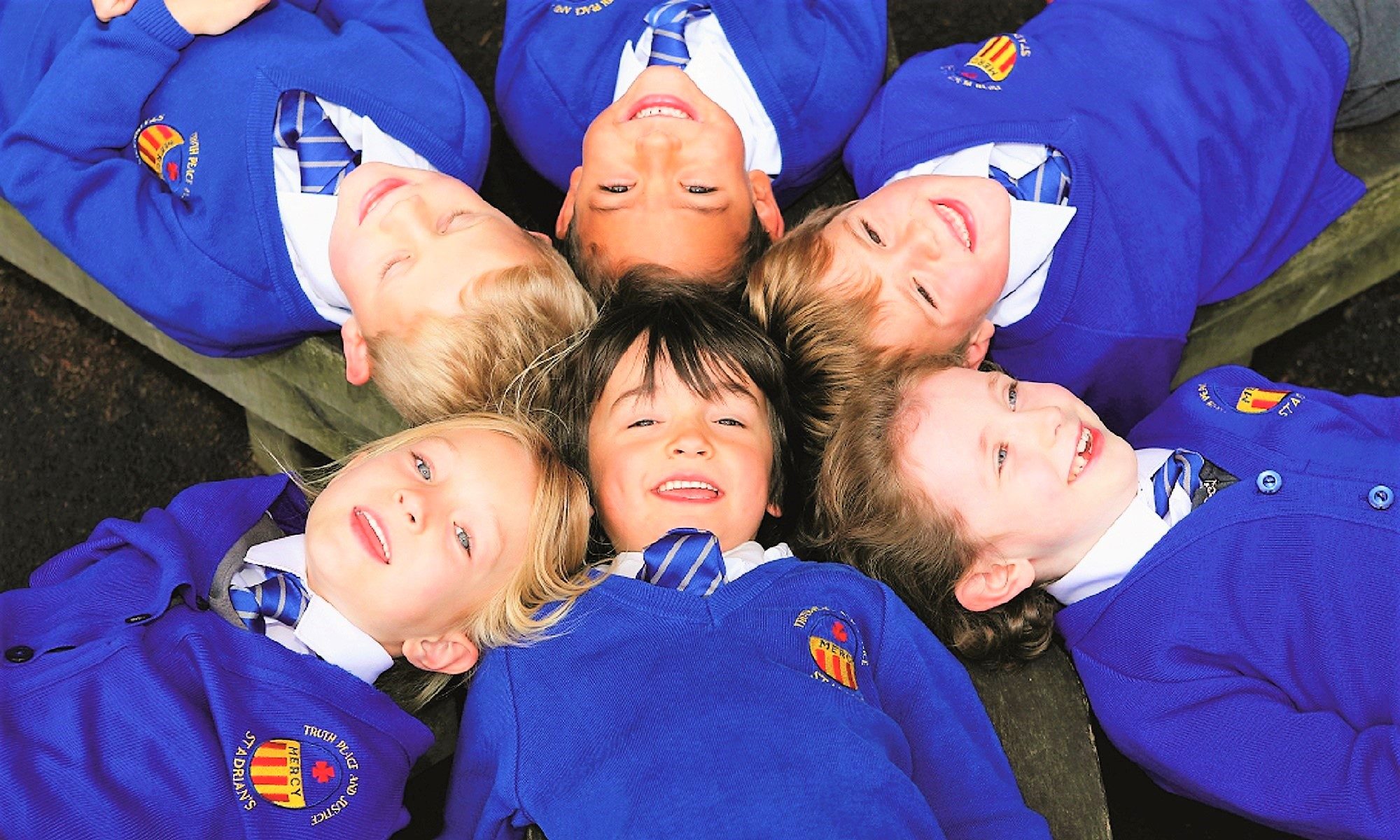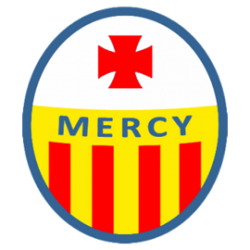Year 4
The children have been exemplary this week as we have worked our way through the uncertain times in which we find ourselves living. Each day, the children have remembered their absent friends in their prayers and cheered those who have been present to answer their names on the register.
From Monday, I will publish a new post at 9am each day to direct the children towards the planned learning activities for the day. My intention is that the majority of these should be shared via our Google Classrooms, which can be accessed here.
Some of the planned learning will need to be ‘turned in’ for marking whilst some of the challenges will not need to be submitted – unless you would like to add a photo of your work to the Google Classroom. None of the work that I am setting will need to be printed.
I will not ask the children to use any technical skill that they have not already practiced at school but, just in case, I will add a simple guide to completing some of these ‘admin’ tasks in the ‘Useful Stuff’ folders that I have added to each of my classrooms. I have also included a reminder of the login details needed to access some of the resources that we may use.
If you have any technical problems accessing the Google Classroom, or with any of the resources that I share, you can email googleclassroom@stadrians.herts.sch.uk . I will answer as soon as I can, but this is not a 24/7 help desk.
It is a sad and uncertain end to the term, but I wish you and all of your families health and every blessing.
Richard Hayes
How to access our Google Classroom
To access Google classroom, children will need to sign in using their school Google account.
Visit google.com and click ‘Sign in’ in the top-right of the webpage.
If you, or someone using the same device, already has a Google account, you will need to add your child’s school account and switch between them before accessing the Classroom.
How to add Google accounts
- Open the Chrome web browser.
- On the top right, select your profile image or initial.
- On the menu, choose Add account.
- Follow the instructions to add your child’s Google account.
- Children’s school Google usernames all end with the domain, @stadrians.herts.sch.uk
- Your child should know the first part of their username and the password.
For security, I cannot add that information here. It might be worth phoning a friend if in doubt!
Once you have, set up your child’s Google account. You may need to switch between accounts for them to access the Google Classroom.
How to switch between Google accounts
- In the top right, click your profile photo or email address.
- Click the account you want to use.
- A new window will open for this account.
Accessing the Google Classroom
Visit classroom.google.com or follow the link in the side bar.
RE Home learning for the whole school

The Catholic Bishops’ Conference of England and Wales have designated 2020 as ‘The God Who Speaks’: A Year of the Word to celebrate the 10th anniversary of Verbum Domini – Pope Benedict XVI’s Apostolic Exhortation on ‘The Word of the Lord’, and the 1600th anniversary of death of St Jerome, who translated the Bible into Latin. Cardinal Vincent Nichols has launched the Year of the Word across the diocese and further information can be found here: https://rcdow.org.uk/faith/2020-year-of-the-word-the-god-who-speaks/
As part of their RE home learning over the Christmas holiday, all children across the school are invited to think about the bible and the stories that are important to them. Maybe they have stories from the bible that they love to read and talk about. Share stories from the bible with your child and talk about what the stories mean to them. When your child is ready, think about what story they would like to create a poster for to advertise the story to their friends at school. Your child’s poster should include a clear title of the story or book from the bible and a beautiful image from the story. Feel free to let your child add a description of the story and what it means to them. We are looking forward to making a wonderful display of the posters and this will be a lovely way for us to start celebrating The Year of the Word in school. Please return posters to your class by Wednesday 15th January.
2020 will be a year of celebrating, living and sharing God’s word, through a range of events, activities and resources, available across the Diocese of Westminster. A lovely activity that is particularly pertinent to the time of year can be found here: https://rcdow.org.uk/faith/the-nativity-at-night
We look forward to seeing the posters that the children create to celebrate God’s Word.
Emma Hayes (RE Subject Leader)
Happy Christmas, Year 4!



Thank you to all of the Year 4 children and their families for the kind gift bag. I hope that you all have a happy and peaceful Christmas and look forward to seeing you in the new year. Merry Christmas!
Key stage two – Christmas carol service

The countdown to Christmas has begun and the children are all working hard to learn the words to the carols for our Christmas carol service.
Please encourage your child to practise – they will need to know all of the words by heart. The words can be downloaded using the link, below.
We hope that you will be able to join us on Wednesday, 18th December for this special celebration.
ECO WARRIORS: Could you get a Blue Peter badge?

The Eco team want to inform you of an opportunity where you can earn your very own Blue Peter Badge!
Blue Peter are giving out Green badges for Eco Warriors all across the country.
Green badges are awarded for sending in letters, pictures that are about the environment, conservation or nature.
You can apply on the link below. Remember to include a message at least 50 words long, explaining that you’re applying for the Green badge and why you deserve to be awarded one.
Also, on this link, there are some examples of brilliant Green badge posts, to inspire you to get yours!
So, why not try and apply for one today! When you get one- remember to tell your class Eco Reps so we can share the amazing news.
https://www.bbc.co.uk/cbbc/watch/bp-how-to-get-a-green-badge
The Eco Team.
Welcome to Year Four
I hope that you have all had a lovely holiday. It is good to welcome the children back for the start of a new school year.
We have not set maths and English homework this week. School reading books have been sent home today and I ask that you encourage your child to read regularly at home, supporting them to develop the habit of reading for enjoyment. It may be that your child is already reading a book from home or from the library. If this is the case, I would be grateful if they would note this in the school reading record.
I have updated the RE home learning section with details of our current topic. In the first of our themes, People, we will be learning about the family of God in Scripture.
During the next month, I would like you write a special prayer for your family. Your prayer will form part of our class prayer book – Take time to decorate your prayer and make it look wonderful. Your neat handwriting might help persuade me that you are ready for your pen licence! You will need to hand in your RE homework by Wednesday, 2nd October.
Space Chase: Summer Reading Challenge 2019

The Summer Reading Challenge 2019 theme is Space Chase, an out-of-this-world adventure inspired by the 50th anniversary of the first moon landing.
Children taking part in the Challenge will join our super space family, The Rockets, for a thrilling mission to track down books nabbed by mischievous aliens!
Space Chase will feature bespoke artwork from top children’s illustrator, Adam Stower, and will celebrate adventure, exploration, reading and fun!

Illustrations © Adam Stower 2019 for The Reading Agency
Taking part in the Summer Reading Challenge
The Summer Reading Challenge is aimed at children aged four to eleven and it is run in almost all libraries in the UK.
Visit your local library during the summer holidays to sign up – the sooner you go, the longer your child will have to read six books!
Staff will register your child for the Challenge and give them some fun materials to get them started.
Many libraries will also offer pre-school activities suitable for under-fours, including specially designed Summer Reading Challenge materials. Visit your local branch to find out more.
The Summer Reading Challenge is the UK’s biggest free reading for pleasure event for children. It is run by the national charity The Reading Agency in partnership with the UK public library network.
The aim of the Challenge is to encourage children to read any six books of their choice from their library during the summer holidays.
Children receive special rewards each time they finish a book and there’s a certificate for everyone who completes the Challenge.
Donations required!
When you return to school on Tuesday you may notice a new addition by the gate in the playground … it is our new recycling bin!

As you can see, it clearly states which materials are accepted and we would love for you to get involved by donating some clothes, towels, sheets, blankets, curtains or even shoes. The bank holiday weekend is the perfect time for a spring clean and all donations are greatly appreciated!
Thank you in advance,
Miss Costello and the Eco Council

